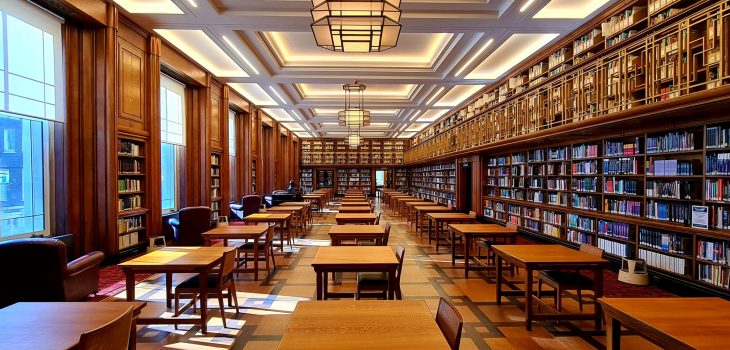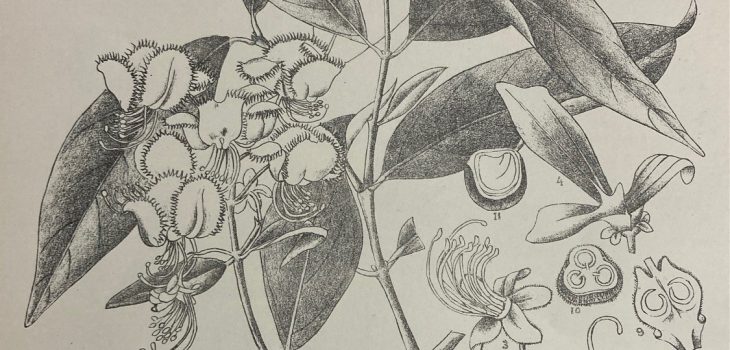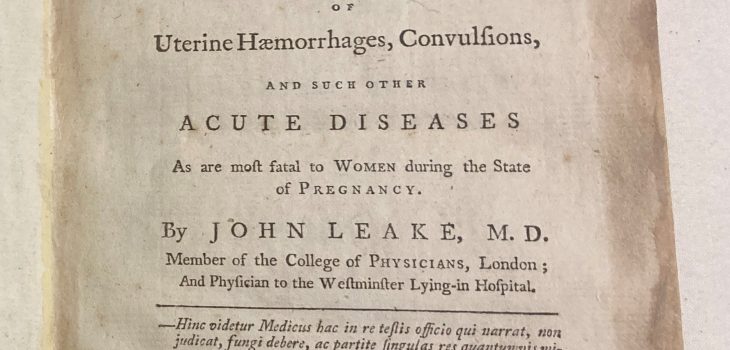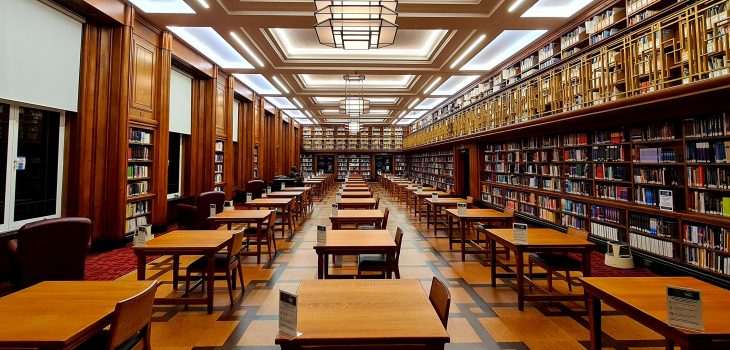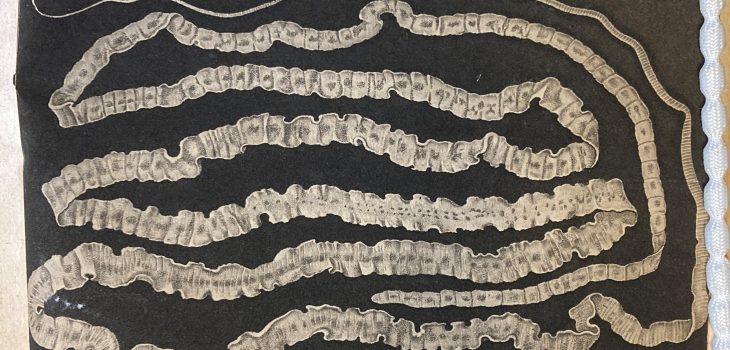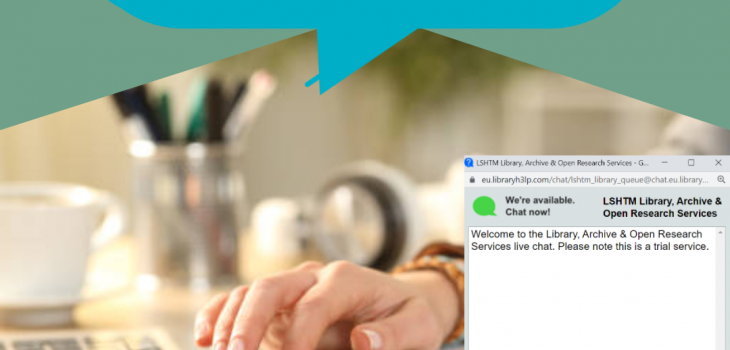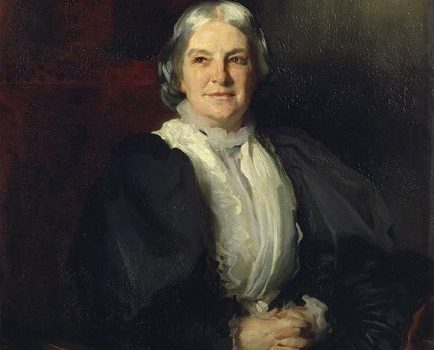Medical advances in the second half of the twentieth century brought two great improvements to women’s lives: development of oral contraceptives (the pill) and Menopausal Hormonal Therapy (MHT also known as HRT or Hormone Replacement Therapy). The pill gave women freedom to choose whether or when to have children…






